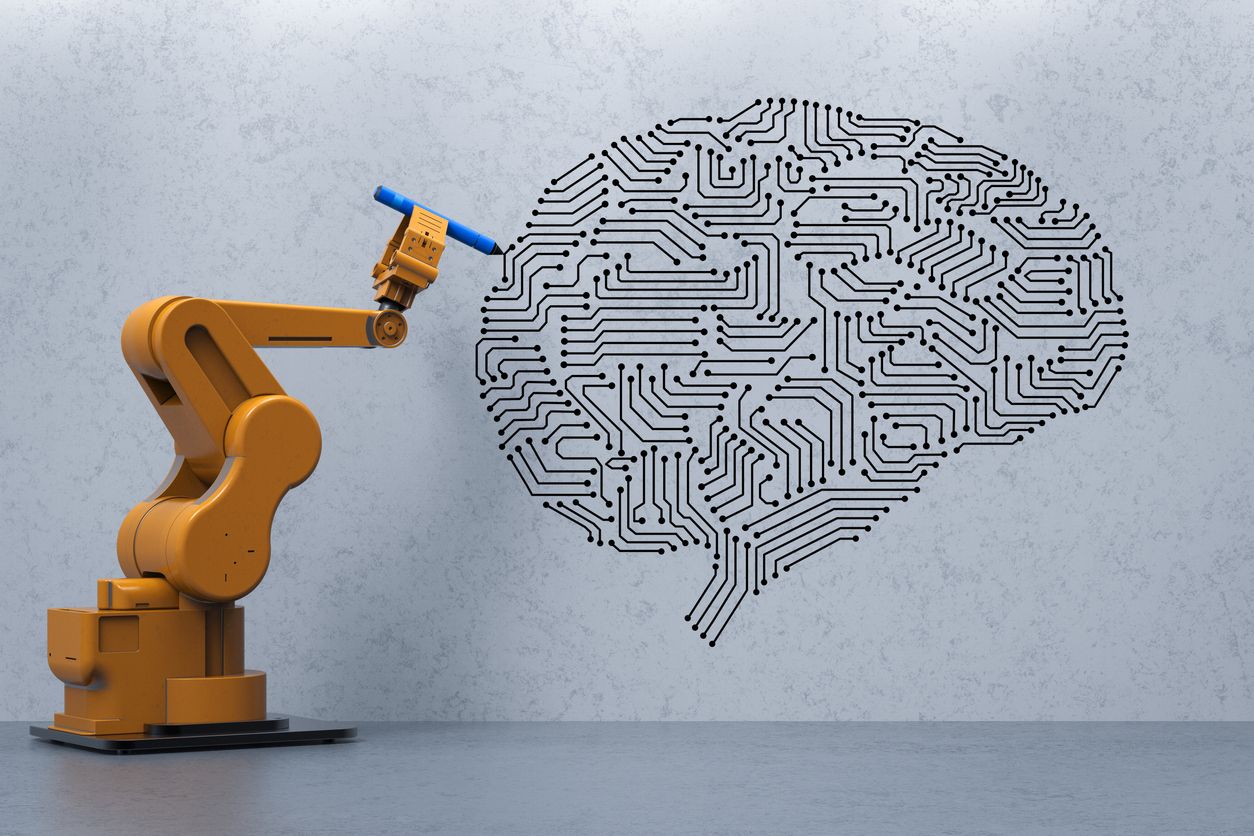The OECD (Organisation for Economic Co-operation and Development) is a group of countries that have formed an agreement to work together on a number of issues. One of their main focuses is to promote responsible business practices and protect the rights of workers. One area in which they are particularly interested in is artificial intelligence – specifically, how it can be used to improve the productivity of workers.
In this article, we will explore why the OECD principles on artificial intelligence are so important, and discuss some of the ways in which they could be implemented in law. We hope you find this article informative!
What are the OECD Principles on Artificial Intelligence?
The OECD Principles on Artificial Intelligence were developed in 2018 as a response to the rapid development of artificial intelligence. The principles are designed to help ensure that AI is used responsibly and ethically, and that its benefits are equitably shared. The principles include provisions on transparency, accountability, and human rights.
What are the benefits of having these principles in place?
Artificial intelligence (AI) is one of the most rapidly growing fields in technology. It has the potential to improve our lives in many ways, but it also raises significant ethical and legal issues. The Organisation for Economic Co-operation and Development (OECD) has developed principles on AI that are important for law review articles, as they provide guidance on how AI should be used.
The four principles are:
- Discrimination between people must not be based on their artificial intelligence capabilities or lack thereof.
- People must have the opportunity to benefit from artificial intelligence technologies in the same way as others do.
- Artificial intelligence technologies should be designed with safety as a priority and with consideration for the impact they may have on people and society.
- People must be able to exercise control over how their data is used by artificial intelligence applications and services.
Why is it important to have these principles in place?
As artificial intelligence (AI) continues to evolve and become more autonomous, it is important to have principles in place to ensure that AI is used beneficially. The Organization for Economic Cooperation and Development (OECD) has released a set of principles, known as the Paris Principles, to guide the development of AI.
The OECD believes that AI should be developed responsibly, with consideration given to human rights, the environment, and social values. The principles are intended to help ensure that AI benefits humanity as a whole and does not pose risks to society or the environment.
The Paris Principles are important because they provide a framework for regulating AI development. They will help ensure that AI is used ethically and in line with our values as a society. By having these principles in place, we can ensure that AI is used in a responsible way, which will benefit everyone involved.
Conclusion
In today’s fast-paced world, almost every company is looking for ways to stay ahead of the competition. One way that many companies are achieving this is by investing in artificial intelligence (AI). The OECD principles on artificial intelligence are important law review because they provide a framework for how businesses should approach AI and protect the rights of people who are affected by it. While there are still some unknowns about how AI will play out in the future, these principles provide a guide for businesses and individuals on how to deal with those risks.





